
The Importance of Preparing Your Hymns for Sunday
As a beginning organist, you might wonder why there's a need to do more than just practice the notes of a hymn. However, preparing your hymns for Sunday services goes beyond technical proficiency. It's about creating an atmosphere conducive to worship, enhancing the congregation's experience, and conveying the hymn's spiritual message. Let's explore why this preparation is crucial, backed by scripture and practical insights.
Understanding the Role of Hymns in Worship
Hymns play a vital role in worship services, serving as a medium for the congregation to express their faith, worship God, and reflect on spiritual truths. The Bible underscores the importance of music in worship in various passages. For example, Ephesians 5:19 (NIV) says, "Speak to one another with psalms, hymns, and spiritual songs. Sing and make music from your heart to the Lord." This verse highlights that hymns are not just musical pieces but are meant to be heartfelt expressions of worship.
Enhancing Worship Through Prepared Hymns
-
Creating a Worshipful Atmosphere: Proper preparation allows you to play hymns with the right tempo, dynamics, and articulation, enhancing the worship experience. A well-prepared hymn can help create a reflective and worshipful atmosphere, inviting the congregation into a deeper spiritual experience.
-
Facilitating Congregational Singing: When hymns are played confidently and accurately, it encourages the congregation to sing along with enthusiasm and confidence. On the contrary, hesitant or incorrect playing can distract and discourage congregational participation.
-
Conveying the Message of the Hymn: Each hymn carries a specific message or doctrine. By preparing thoroughly, you ensure that the hymn's message is communicated effectively, helping the congregation to meditate on the lyrics and the underlying scriptural truths.
Steps to Effective Hymn Preparation
1. Understanding the Hymn's Context and Message
Before you start practicing, take time to understand the hymn's background, lyrics, and theological message. Many hymns have rich histories and deep theological meanings. For example, "Amazing Grace" is not just a song about grace but a testimony of redemption and transformation.
2. Technical Mastery
While this might seem obvious, technical mastery of the hymn is foundational. Ensure you can play the hymn fluently without stopping. This involves:
-
Correct Fingering and Pedaling: Organ music can be complex, and using the right fingering and pedaling techniques can make a significant difference in your playing.
-
Tempo Consistency: Practice with a metronome to ensure you maintain a steady tempo throughout the hymn.
3. Musical Expression
Go beyond the notes and think about how to express the hymn musically. This includes:
-
Dynamics: Vary the volume to reflect the hymn's message. For instance, a hymn of praise might start softly and build up to a powerful crescendo.
-
Articulation: Decide where to use legato (smooth) or staccato (short and detached) touches. This can add emotional depth to the hymn.
4. Registration
On the organ, registration refers to the selection of stops to create different sounds. Experiment with different combinations to find the most suitable sound for each hymn. The choice of registration should support the hymn's mood and message. For instance, a hymn about the majesty of God might benefit from a full, rich sound, while a reflective hymn might use softer stops.
Practical Tips for Beginners
1. Start Early
Don't wait until the last minute to start preparing. Begin practicing your hymns well in advance of the service. This gives you ample time to master the technical aspects and work on your musical expression.
2. Listen to Recordings
Listening to recordings of well-played hymns can provide valuable insights into how to approach them. Pay attention to the tempo, dynamics, and registration used by experienced organists.
3. Practice Regularly
Consistent practice is key to improvement. Set aside regular practice times and stick to them. Even short, focused practice sessions can be very effective.
4. Seek Feedback
If possible, seek feedback from more experienced organists or your music director. They can provide valuable tips and help you identify areas for improvement.
5. Pray for Guidance
Remember that playing hymns is a ministry. Pray for God's guidance and help as you prepare. Ask Him to use your playing to bless and inspire the congregation.
In conclusion, preparing your hymns for Sunday is about more than just playing the notes. It's about enhancing worship, encouraging congregational singing, and conveying the hymn's spiritual message. By understanding the hymn's context, mastering the technical aspects, and expressing the music meaningfully, you can significantly impact the worship experience. So, take the time to prepare thoroughly and see how your playing can touch the hearts and souls of those in your congregation.
Silent Night Free Sheet Music Canon | Easy Organ Arrangement for Christmas
Away in a Manger Intermediate Piano Solo
Christ the Lord is Risen Today Fanfare | Easter Organ Sheet Music. For Organ, Choir or Congregation
Come Thou Fount of Every Blessing Organ Solo – A Powerful and Timeless Arrangement
View Comments
Leave a Comment
No comments



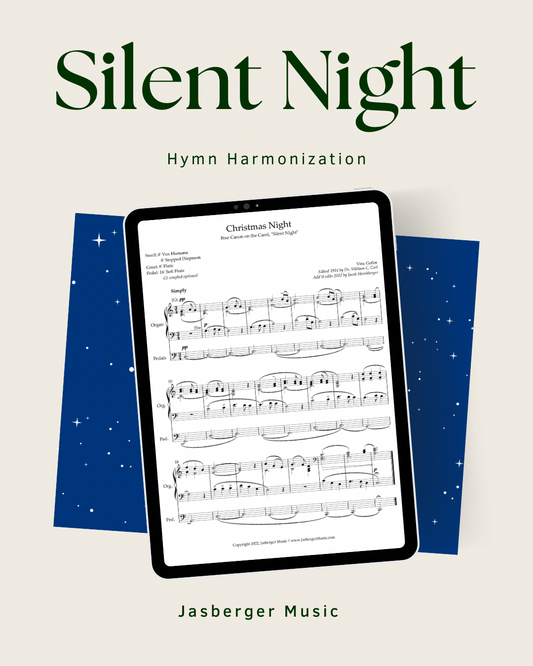
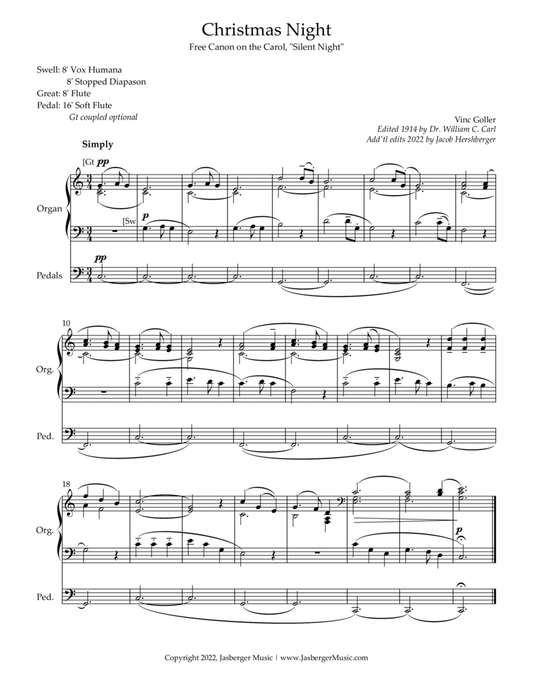
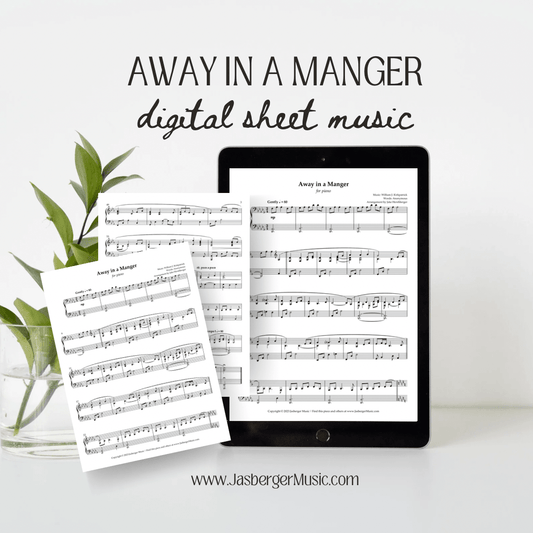
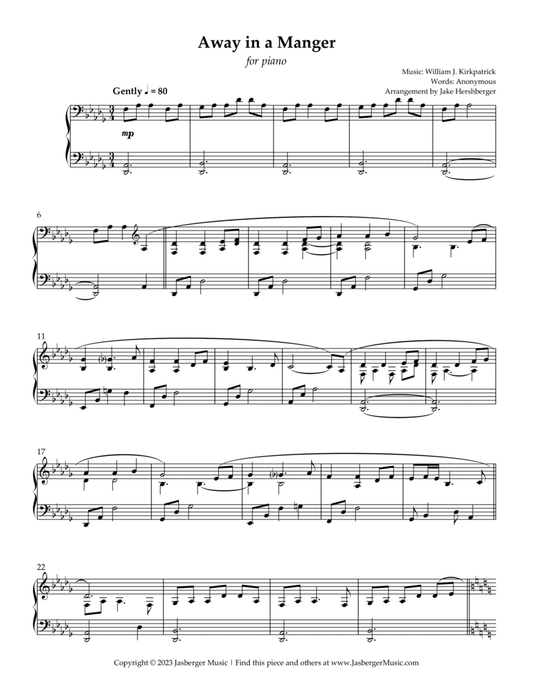
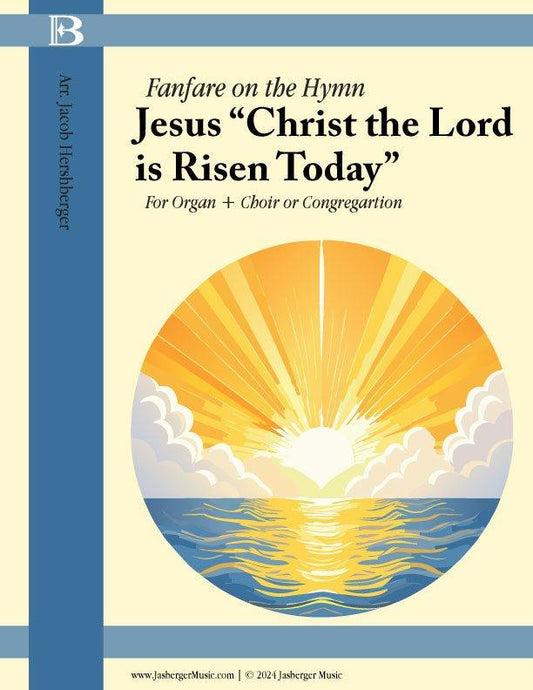
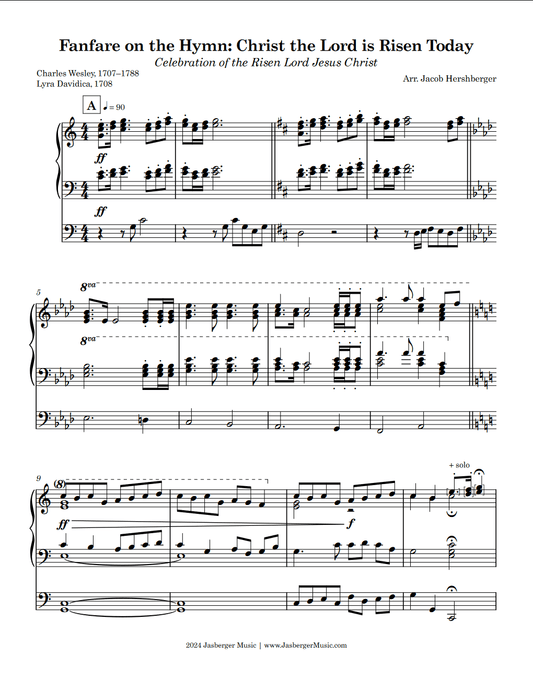
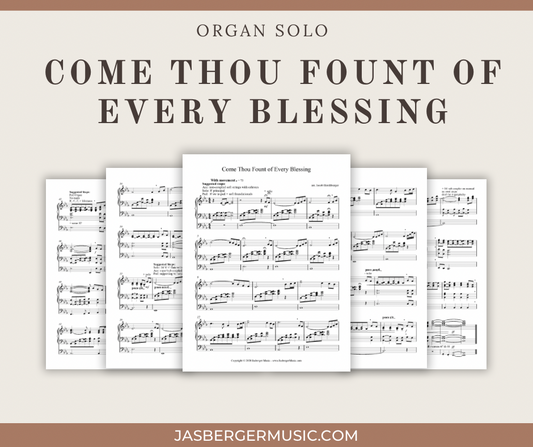
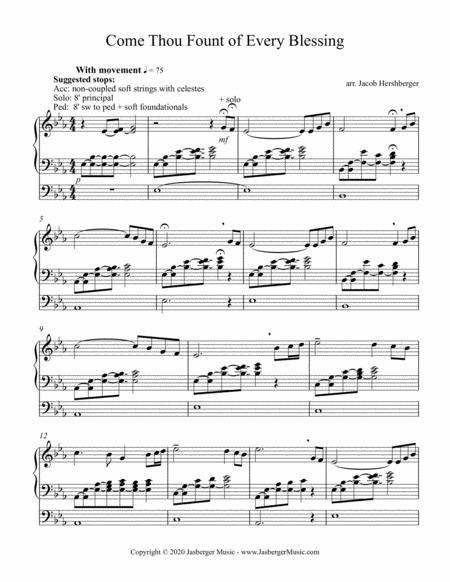






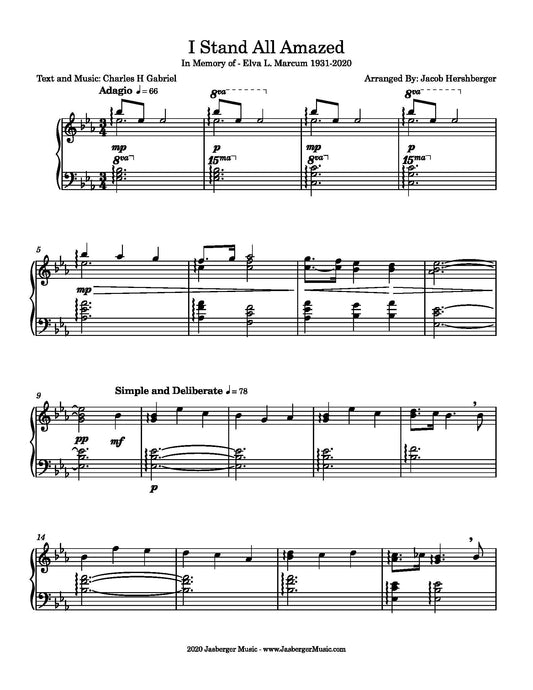
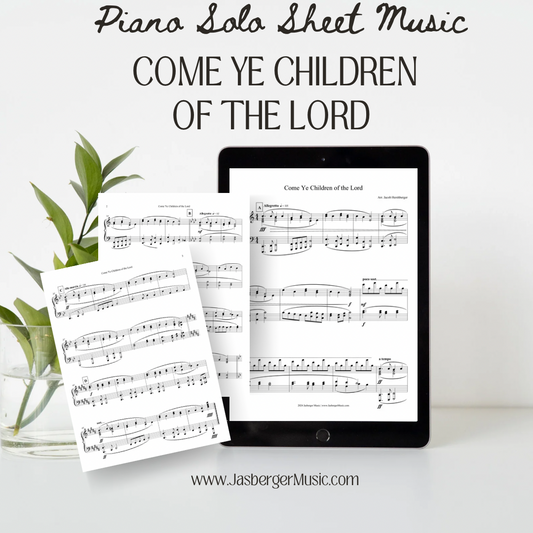
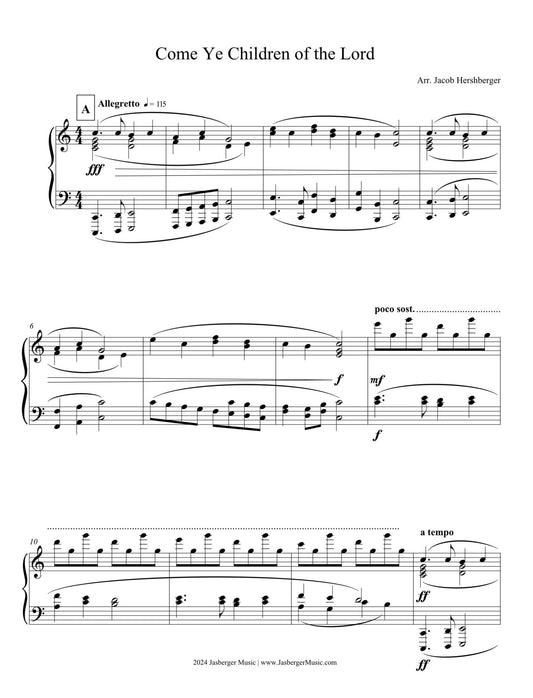
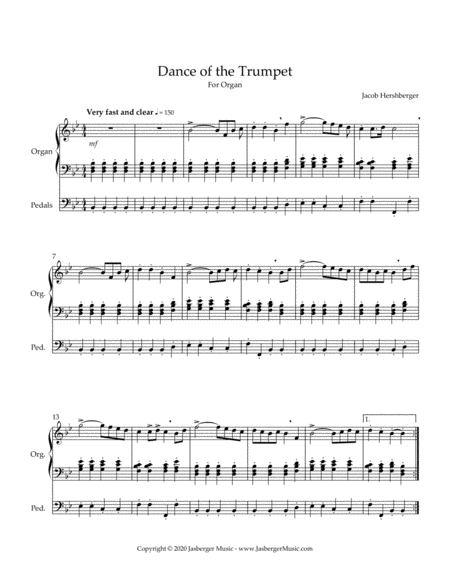
comments